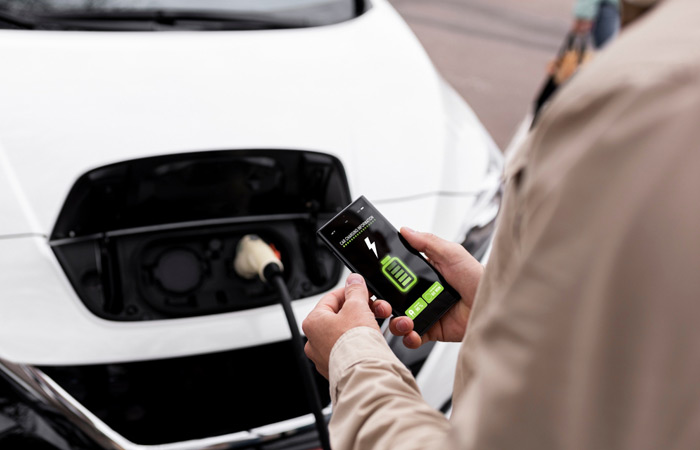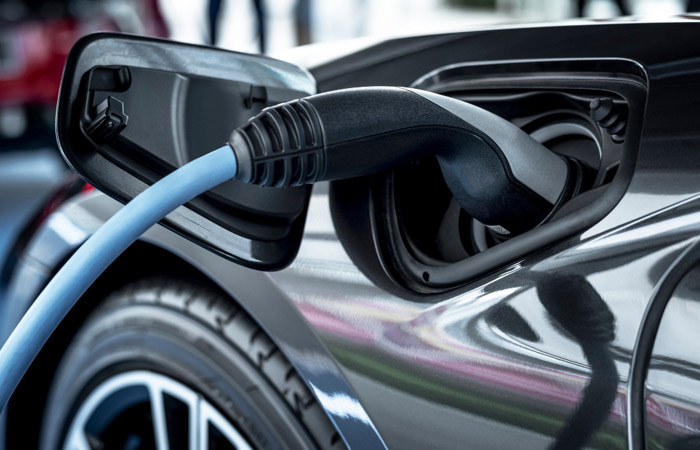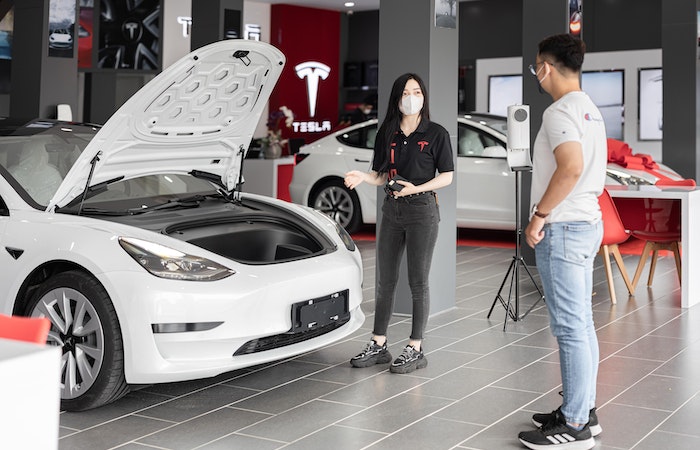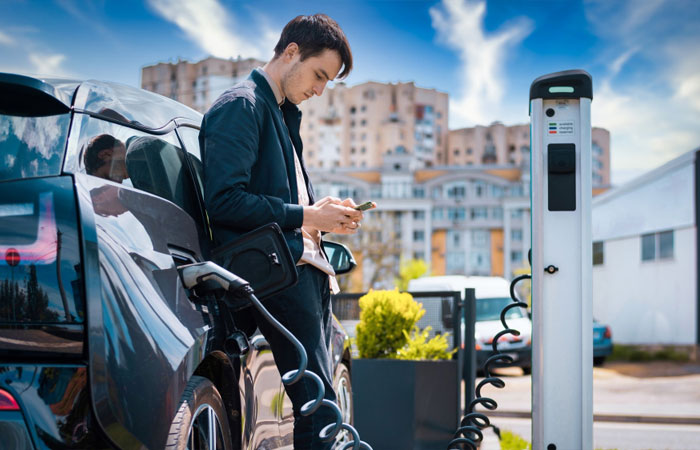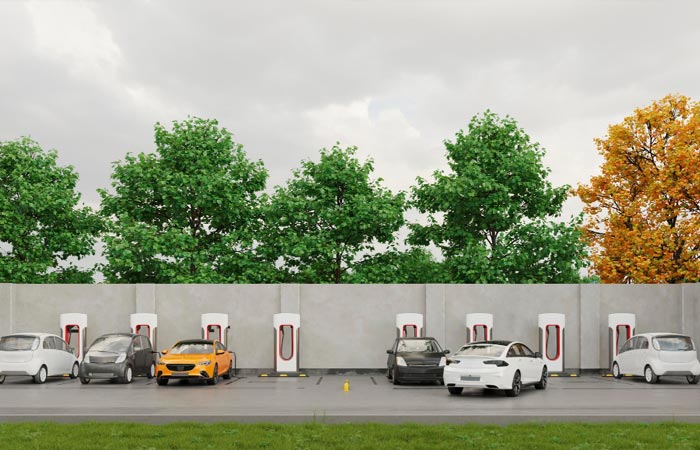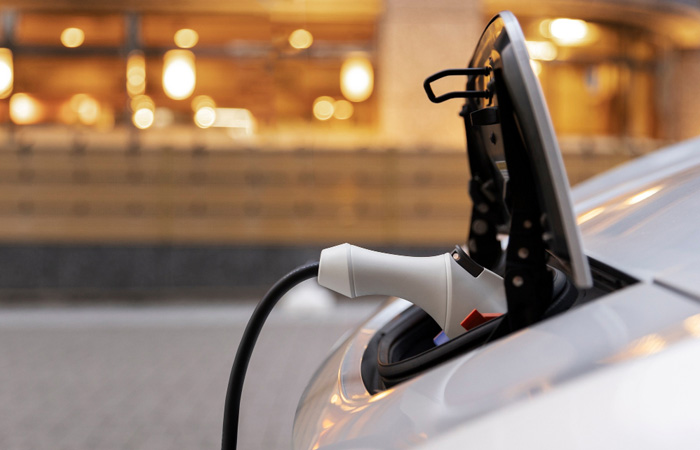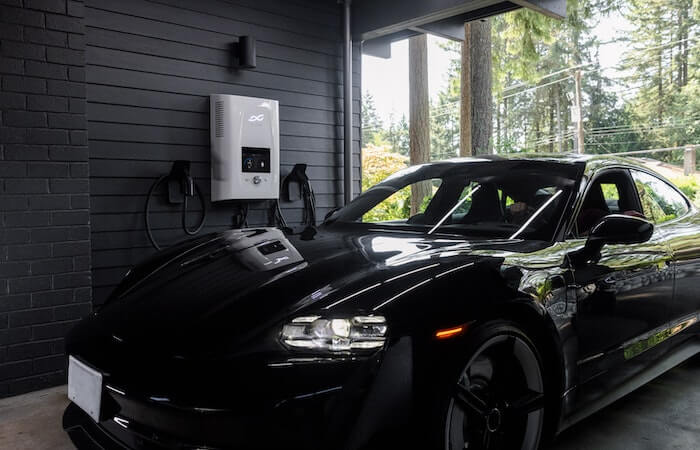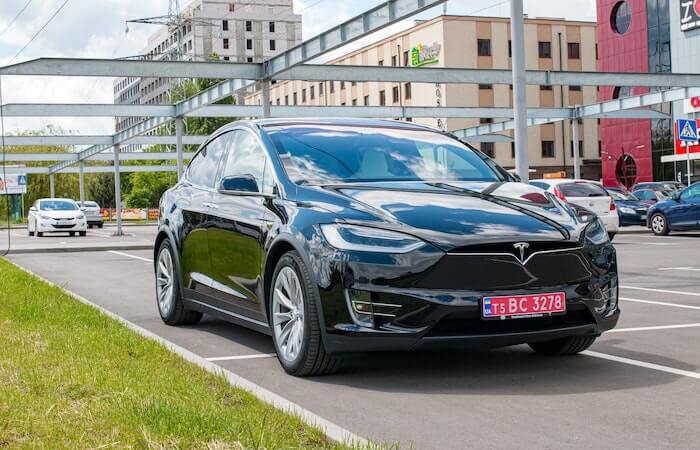An EV battery is highly sensitive to weather conditions. This makes it important for EV owners to understand how environmental changes affect their cars. Temperature is a major factor in battery performance, with hot and cold weather affecting the charging process. Let’s take a closer look at the effects of weather and give you some tips for maximizing battery performance in various weather conditions.

Cold Temperatures
Electric vehicle (EV) batteries are subject to decreased performance in cold weather. This is due to the chemical reactions that produce electricity in the battery slowing down. This can lead to a decrease in range and power output. To counteract this, many modern EV batteries come with built-in temperature management systems. These include liquid cooling or active thermal management systems that help to keep the battery at an optimal temperature. There are additional steps that an EV owner can take too, such as:
- Pre-heating the battery before driving
- Storing the car in a garage or other enclosed space
These can all help to improve performance and preserve battery life. Ultimately, by taking these steps, EV owners can ensure that their cars are performing optimally in cold weather.
Extreme Heat
Extreme heat can have a detrimental effect on performance. When temperatures rise, EV batteries degrade more quickly, shortening their service life. High temperatures also put large demands on the battery’s cooling system, which can reduce its range. To help protect from extreme heat, it’s important to keep it cooled as much as possible. This can be done by parking the car in an enclosed space, using a battery cooler or car cover, and avoiding leaving your EV in direct sunlight for extended periods of time. Taking these precautions can help ensure that your EV battery performs optimally in hot climates.
EV Battery and Humidity
Humidity is an important factor to consider as high humidity can cause corrosion. This corrosion can significantly reduce the lifespan of batteries, making them weak over time and unable to store as much energy. To prevent this from happening, drivers should strive to keep their cars dry at all times by avoiding driving in deep puddles or other standing water. Additionally, it’s important to keep the battery clean and ensure that any vents are kept open and clear from debris. Taking these steps can help prolong the life of an EV battery and ensure it is performing at its peak for as long as possible.
EV Battery and the Weather: In a Nutshell
The weather can significantly impact an EV battery due to extreme temperatures. Cold and hot weather can reduce the performance of EV batteries, as it affects their ability to maintain charge and deliver power. This means EVs may not have enough range or power in extreme conditions, and battery degradation can occur faster. To ensure optimal performance, EV owners should take steps to protect their batteries from the elements and maintain ideal temperature conditions, whether this be through a thermal management system or other methods.
Additionally, EV owners should also look into getting the latest software updates for their vehicles as these can help improve efficiency and performance in different weather conditions. Ultimately, with proper care and maintenance, EV owners can help ensure that their batteries are performing at their best and that they can get the most out of their electric vehicles.
